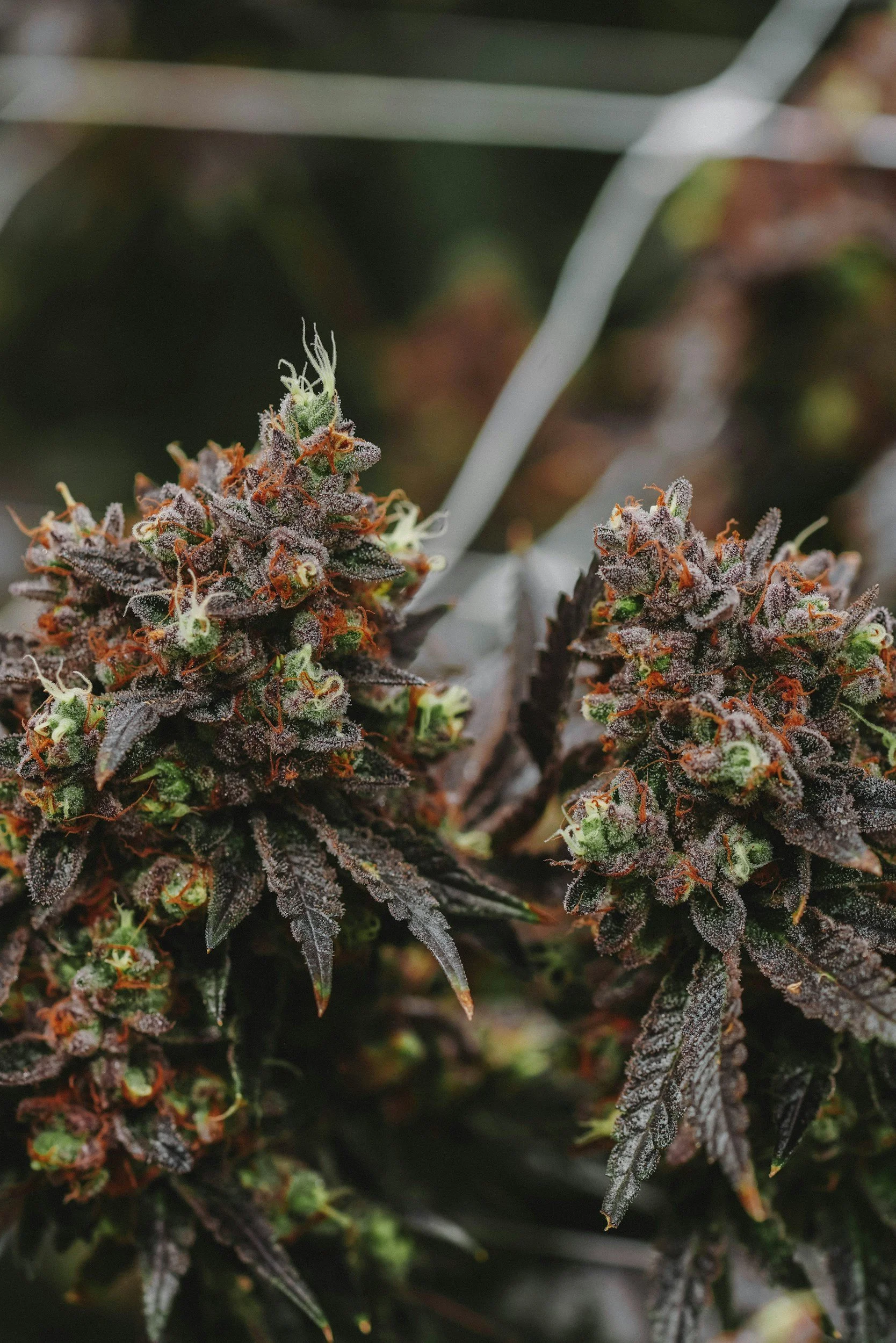Is Marijuana Helping or Harming Your Social Anxiety?
Many people turn to marijuana to take the edge off in social situations. Maybe it helps you feel less awkward at a party. Or maybe you’ve gotten into the habit of taking a few hits before any gathering where you need to “be on.”
But here’s the question:
Is marijuana use actually helping your social anxiety or just covering it up?
Let’s explore how marijuana impacts social anxiety…
…why it works for some and not for others, and how therapy can help you get to the root of what you’re feeling.
Social anxiety is more than just shyness. It’s an intense fear of being judged, rejected, or embarrassed in front of others. People with social anxiety often feel like they’re constantly being watched, criticized, or evaluated, even when that’s not the case.
How does social anxiety show up?
Overthinking everything you say
Avoiding eye contact or conversation
Physical symptoms like sweating or a racing heart
Feeling frozen or dissociated in group settings
For some people, social anxiety is tied to self-esteem. For others, it stems from past experiences, neurodivergence, or trauma. The anxiety can feel physical (tight chest, racing heart, sweating) or emotional, like a deep sense of dread or self-doubt. Over time, it can lead to isolation, low self-esteem, or turning to substances like marijuana to cope.
Whatever the cause, the discomfort is real and it makes sense that you’d want relief.
Why People Use Marijuana for Social Anxiety
Many people say that marijuana helps them:
“Loosen up” in group settings
Feel less self-conscious
Mute anxious thoughts
Be more present in conversation
That’s because cannabis can temporarily reduce tension and alter how we experience discomfort. It may feel like a helpful tool, especially when other coping skills feel out of reach.
But Here's the Catch: Weed Can Also Make Anxiety Worse
While cannabis may help in the moment, it can also backfire, especially over time. Here’s how:
1. Cannabis use can increased sensitivity.
THC, the psychoactive compound in marijuana, alters brain chemistry in ways that can heighten awareness and emotional sensitivity. For some, this means increased creativity or connection. But for others, it means racing thoughts, a pounding heart, or a sense of paranoia. In social settings, this can translate into overanalyzing conversations, feeling watched, or fearing you’ve said the wrong thing. What started as relaxation can quickly spiral into self-consciousness and discomfort.
2. Consistent marijuana usage can reinforce avoidance
When you consistently rely on marijuana to feel comfortable, your brain learns that you need it to socialize. This unintentionally reinforces the idea that you can’t handle social situations on your own. Over time, your confidence and natural coping mechanisms weaken. Instead of addressing the root of your anxiety, you end up managing symptoms and the anxiety often returns stronger once the high wears off.
3. Cannabis can increase emotional disconnection
Marijuana can numb both negative and positive emotions. While that might sound appealing when you’re anxious, it can leave you feeling detached from your body, your relationships, and even your sense of joy. Regular use may dull your ability to read emotional cues, which are essential for social connection. This can create a subtle disconnect from the very people and moments that could otherwise help you feel grounded and supported.
4. Marijuana use impairs cognitive processing
Cannabis affects memory, attention, and executive functioning: skills that help us navigate conversation, recall details, and interpret social cues. When these abilities are impaired, it can increase awkwardness or self-doubt in social settings. You might struggle to keep up in group discussions or misread someone’s tone, which can reinforce feelings of insecurity or embarrassment.
How to Know If Marijuana Is Helping or Harming You
Try asking yourself:
Am I using weed to feel more like myself or to avoid myself?
Do I feel better after socializing this way, or more drained and disconnected?
Am I relying on it in situations I used to handle without it?
Honest reflection is key here. You’re not doing anything wrong, but you deserve to know what’s really working for you, and what isn’t.
What to Do Instead of Relying on Cannabis:
Getting to the Root of Your Anxiety
Instead of numbing social anxiety, therapy can help you understand your anxiety.
What anxiety therapy often includes:
Exploring the origins of your social fears
Building self-trust and social confidence
Developing regulation tools that work with your body
Learning how to set boundaries and communicate with ease
At Kendall B Therapy, we specialize in helping people unpack anxiety and develop new tools without judgment, shame, or pressure to change overnight.
You Deserve to Feel Comfortable in Your Own Skin
If marijuana use is starting to feel like a crutch or if you’re curious about new ways to cope with anxiety, therapy might be a supportive next step.
We can explore what’s working for you, what’s not, and how to build a social life that feels more easeful and aligned.
Book a free consultation to see how Kendall can support your journey toward clarity and confidence.
Hi I’m Kendall! I’m a licensed mental health counselor based in NY and NJ.
I help high-achieving adults navigate challenges like anxiety, disordered eating, and their relationship with alcohol and marijuana, whether they’re pursuing full sobriety recovery or sober curious therapy. My work supports healing, self-trust, and sustainable growth through a compassionate, evidence-based care.





